How to cope with difficult emotions and a free meditation download
Some people are prone to react more intensely than others to emotionally stimulating circumstances, especially those found in romantic, family and friend relationships. Dialectical Behavioral Therapy (DBT) (a mindfulness based psychotherapy primarily created for use with Borderline Personality Disorder, but is now widely used for emotional regulation across populations) suggests that some people’s arousal levels can increase far more rapidly than the average person’s, and additionally take a significantly greater amount of time to return to baseline arousal levels. These intense emotional reactions can feel physiologically and psychologically overwhelming. If this sounds like something you have often experienced, or maybe just recently experienced, you might have worried that you were going "crazy". This thought is understandable considering how seemingly never-ending intense emotions can sometimes feel. However, the fact that you wondered if you were going crazy suggests to me that you are not crazy. People who are truly psychologically disturbed and institutionalized do not wonder if they are crazy. They believe their thoughts 100%. They do not have the awareness to separate the thinker from the thought. There is no "observer self", no questioner or impartial witness of the thought(s) present.
The observer self is a witnessing consciousness, a capacity to watch the movie of one's life: circumstances, thoughts and feelings, without attachment or ownership ("This is me, This is who I am").
Our dominant unexamined thought patterns create our felt experience of the world, relationships, pain and emotions. "We are Always and Only feeling our thinking" says, Jamie Smart, Author of "CLARITY: Clear Mind, Better performance, Bigger results"
Developing the capacity to pause, step back from situations and one's thoughts about those situations is fundamental to a free and joyous- fully engaged life. Dr. Steven Hayes (Creator of ACT therapy- also a MIndfulness based Psychotherapy) calls this separation from thought and thinker: De-fusion. When one is fully FUSED with a thought, the thinker 100% believes the thought(s). When one can De-Fuse from a thought, one has garnered space and thus possibility. There is a capacity for choice. One is not at the mercy of the mind, but rather a dignified rider, gracefully experiencing the varied thought waves.
The Observer Self is a key skill or capacity I discuss and encourage people to develop in my practice. This ability to actively select one's attention is vital to psychological flexibility, mental health and emotional regulation. Awareness is the highest form of intelligence and it begins with connecting to this impartial Divine witnessing consciousness. It can be practiced and developed in a multitude of ways. One way is through formal sitting practice.
"The Observer Self" is the first mindfulness meditation I have recorded and can be accessed below:
The Observer Self Meditation
If you're new to meditating and mindfulness, here is a helpful acronym for approaching your practice:
C O A L (coined by Dr. Daniel Siegal, MD author of The Mindful Brain).
Curiosity: Approach your meditation with curiosity, unencumbered, free to explore like a child.
Openness: Be open to whatever you experience. Do not judge your practice, yourself, your experience, your mind, the meditation or your ability to meditate for that matter. Non-judgment is the foundation of Mindfulness.
Acceptance: Accept whatever you find, don't attempt to change or fix anything during your practice. Just notice.
Love: Approach yourself and your practice with love and kindness. You can not do this wrong. Love yourself, just show up and try. That is enough and you are enough.
The Observer Self Meditation
Please share your meditation experiences with me in the comments or email me.
Love and Light,
Dr. Regina

